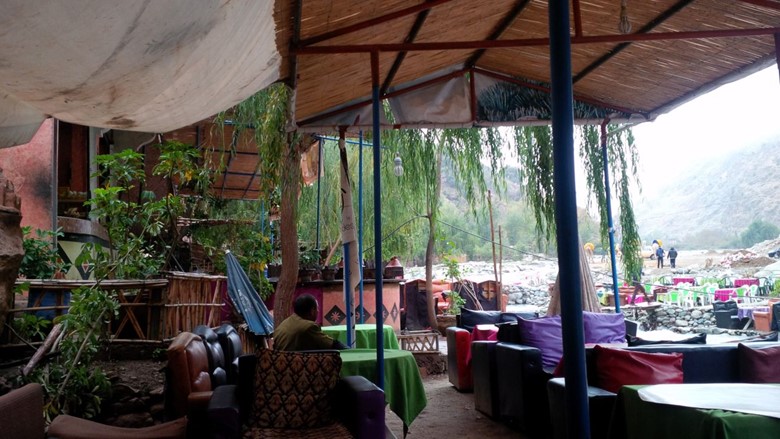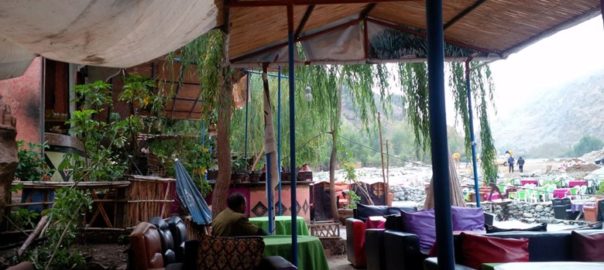
I wanted to go over some of my thoughts of the conjugation of verbs in Darija. If you have some knowledge of the Arabic grammar, then you will find some similarities between conjugation basics of Arabic and Darija. For the past tense, you will be conjugating by changing the end of the verb. For instance the verb ktb (to write) would be conjugated as follows
Ktb – to write in the past tense
| ktbt | I wrote |
| ktbti | you wrote |
| ktb | he (or it) wrote |
| ktbat | she (or it) wrote |
| ktbna | we wrote |
| ktbtu | you wrote (plural) |
| ktbu | they wrote |
Like the conjugation basics of arabic, the verb in its original form is the past tense for he or it. Notice also that the “he” and “she” can also mean it. What I found interesting was that ktbti was used for both masculine and feminine. This is not the case in original Arabic as the masculine form of you wrote would be katabta and the feminine form would be katabti. This makes learning Darija alot easier.
For the present tense, just like Arabic, the verb is altered at the front. So with the same verb ktb, we conjugate as follows:
| kanktb | I write |
| katktb | you write (masculine) |
| katktbi | you write (feminine) |
| kayktb | he writes |
| katktb | she writes |
| kanktbu | we write |
| katktbu | you write (plural) |
| kayktbu | they write |
There are a few observations here with conjugation basics. you write (masculine) and she writes is the same. The plural conjugations (we, you (plural), and they) all end with u. The more interesting point of present tense verbs is that alot of times when you listen to conversation, the ka which is prefixed to the verb is dropped. For instance to say I write, you will often hear ntkb instead of the kanktb which is the “official” way of conjugating the verb. I’m assuming this is just an evolution of the language as dropping the “ka” allows you to speak alot faster.
